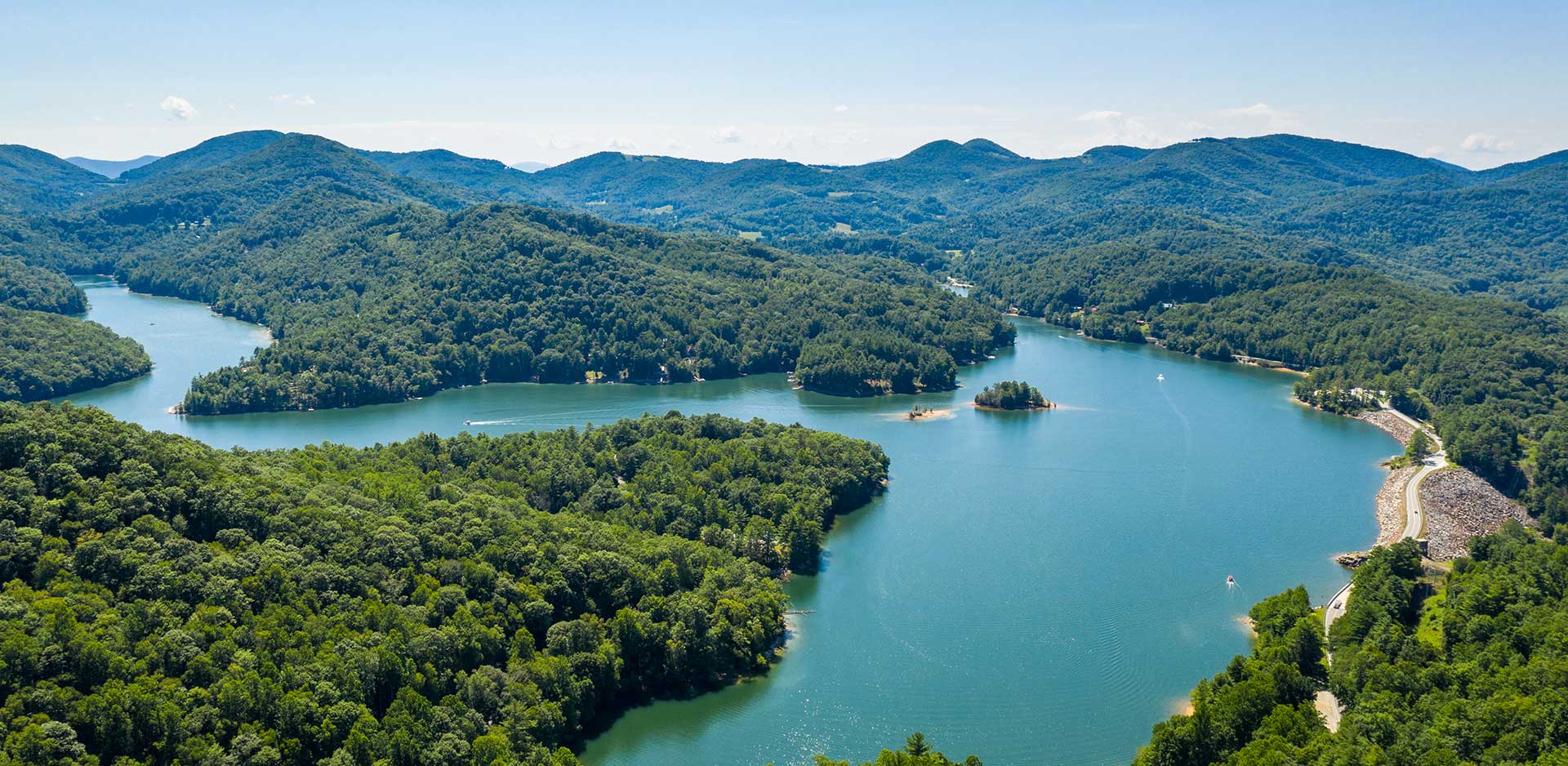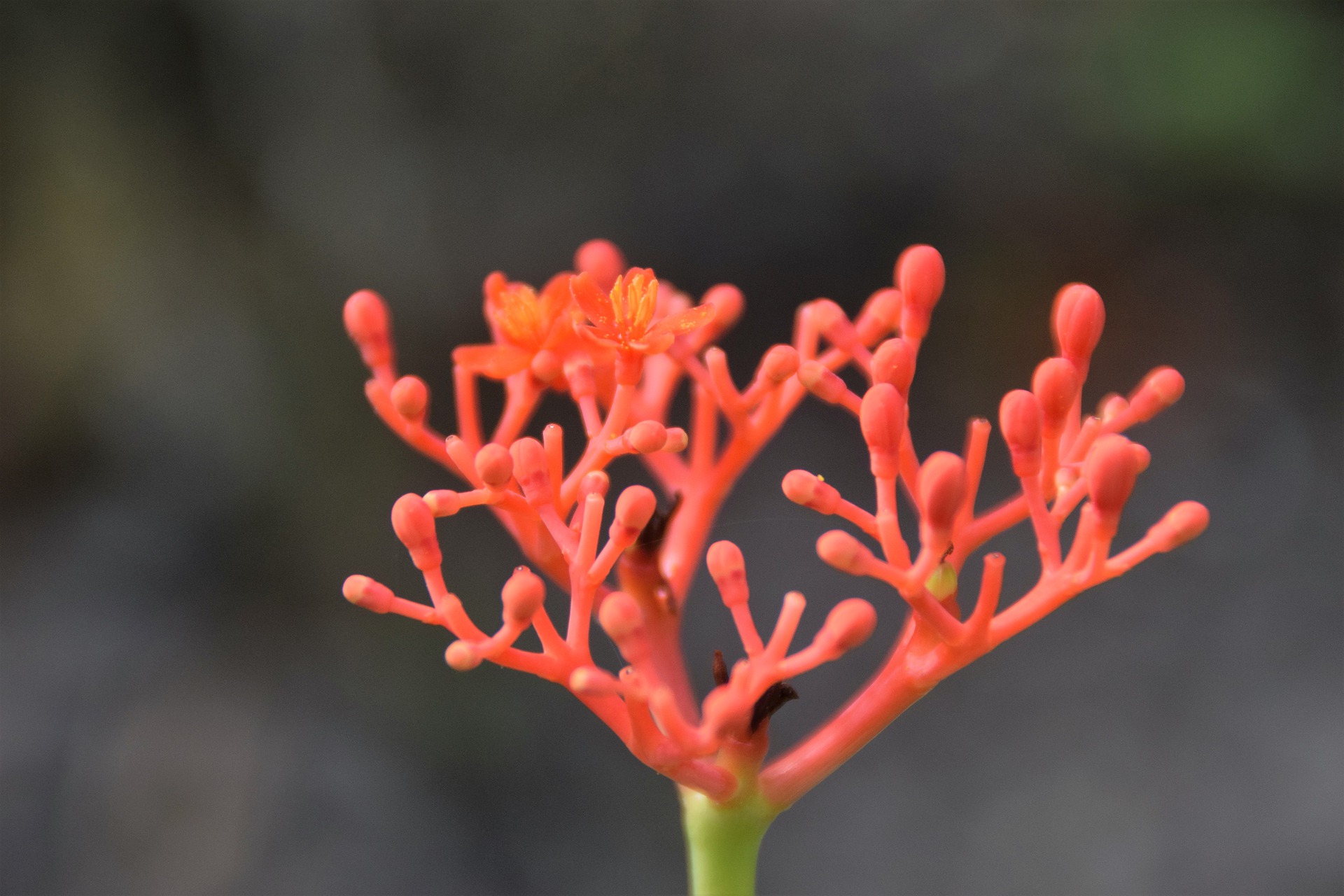CHECK OUT OUR VACATION RENTAL SPECIALS
 VIEW SPECIALS
VIEW SPECIALS

Western North Carolina is a nature lovers’ paradise. The region is teeming with majestic waterfalls, mountains and forests – but there’s one special thing about the Highlands-Cashiers plateau you may not know about.
Is there ginseng in North Carolina? This is a question we’re asked often and we’re proud to say that since the mid-18th century, ginseng in North Carolina has mostly been harvested here in the Western Carolina mountains, not far from the Tennessee border. Once it is harvested, it is normally sent to Asia, mainly China, for medicinal purposes. People from all over the world have coveted this plant because they acknowledge its health-promoting qualities. For over 4,000 years, the Asian species of ginseng, C. A. Meyer, has been an essential ingredient of Chinese folk medicine.
When it comes to American ginseng, it does its best in climates that are temperate cool. Where is there ginseng in North Carolina? It is limited to the mountains and foothills of the westernmost part of the state. It is a herbaceous plant that requires shade and is normally located in dense forests with tall deciduous trees. It is normally also found on North facing slopes that are rich in humus soil and encompassed by complementary plants. You do not need a license to harvest wild ginseng on private property, but you do need written permission from the landowner and it has to remain with whoever harvested the plant. Ginseng is also prohibited to be harvested in any North Carolina State Park, but harvesting on some state lands is allowed with proper permits.
Is there ginseng in North Carolina that is not grown in the wild? There are two types: wild and cultivated. Believe it or not, there is a difference between the two! The root of the wild ginseng is little, light in weight, twisted, wrinkly, and it has a tart woodsy taste. The cultivated root, however, is larger in size and weight, smoother, sweeter in taste, and just smells completely different. Also, there is a clear difference in care. While the wild ginseng lets nature be its caregiver, cultivated ginseng’s care is a little more intense. The grand majority of ginseng out there has been sprayed with some kind of chemical, primarily fungicides. They can sometimes be sprayed with pesticides and herbicides as well. When large quantities of ginseng are grown close to each other, the fungus appears. It will get into the beds, encircle the ginseng, and then will destroy the entire bed within a shore amount of times. This can be very costly considering these plants can have thousands of plants that are worth tens of thousands of dollars.
Is there ginseng in North Carolina that is illegal? With the numbers of ginseng plants dwindling, the North Carolina State Ginseng Law and Regulations were created to help protect the species. Due to this, ginseng can be illegally obtained.
Due to all of these uses ginseng can provide, there is a high demand in the Chinese market for American ginseng, which shares similarities to the Asian species of the plant. This has led to poaching and over harvesting which has caused the number of wild ginseng plants in the Southern Appalachian Mountains to acutely descend. It has been made known that a pound of dried ginseng root can be worth between $500 and $1,000. The FWS has estimated that the wholesale value of American ginseng roots is about $26 million a year.
(The above information is from the North Carolina State Ginseng Law and Regulations)
Whether you’re planning your vacation around seeing ginseng in the wild, or you’re a nature lover with a thirst for knowledge and curiosity, ginseng is an amazing plant with various uses that can provide medical remedies. Those who struggle with ailments such as type 2 diabetes, low blood pressure, and those who are at high risk for heart disease can use this plant to help turn things around for themselves. Ginseng deserves to be protected so we can continue to use it to make a difference in people’s lives.
You can learn more about the preservation of ginseng and see it in person by coming to visit us here in Western North Carolina! Landmark Vacation Rentals has wonderful properties to rent throughout the plateau, so you can come and enjoy the ginseng our gorgeous area has provided. Stay in a lakeside cabin or single-family mountain home and enjoy the view and the area’s breathtaking landscape. After you search for ginseng in the wild, you can come home to rustic views of paradise. It never gets old, whether you stay for a few days, a week, or longer.
0 COMMENTS